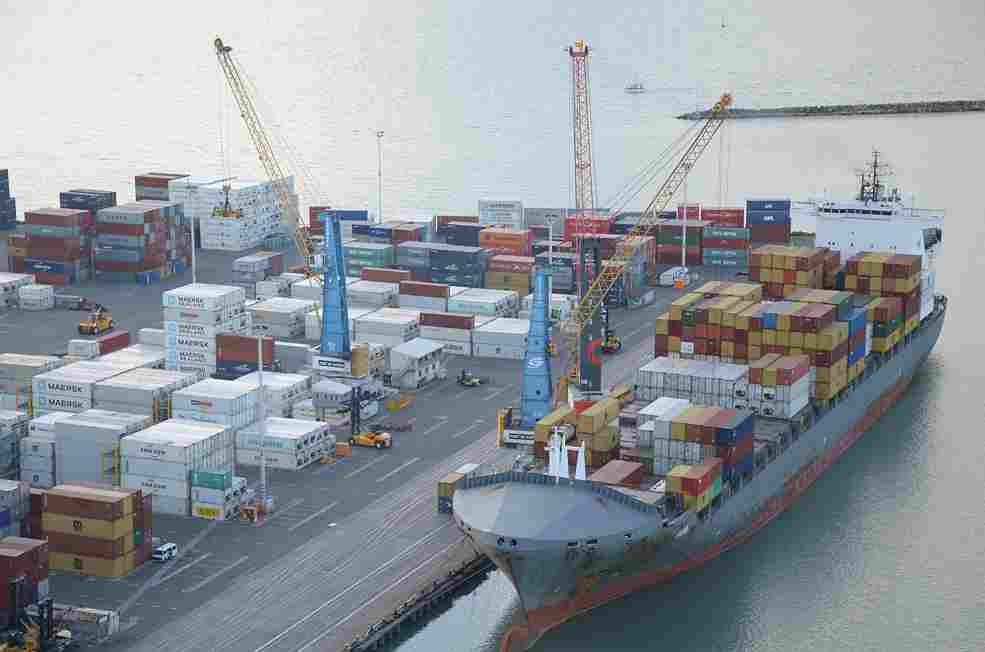
The Role of Non-Governmental Organizations in Bunker Fuel Advocacy
Non-Governmental Organizations (NGOs) play an increasingly influential role in the advocacy and regulation of the bunker fuel industry. Through research, policy advocacy, public awareness campaigns, and stakeholder engagement, NGOs are pivotal in driving sustainable practices and regulatory reforms in maritime fuel use. This article explores the multifaceted role of NGOs in bunker fuel advocacy, highlighting their contributions, challenges, and future prospects.
Understanding Bunker Fuel and Its Environmental Impact
Bunker fuel, traditionally a heavy residual oil, is used to power ships engaged in global trade. Its high sulfur content and emissions have significant environmental impacts, contributing to air pollution and climate change. Addressing these issues has become a critical focus for NGOs dedicated to environmental sustainability and maritime safety.
Key Roles of NGOs in Bunker Fuel Advocacy
- Research and Data Collection:
- Environmental Impact Studies: NGOs conduct extensive research on the environmental and health impacts of bunker fuel emissions, providing critical data that underpins regulatory efforts and public awareness campaigns.
- Innovative Solutions: Research into alternative fuels, emission reduction technologies, and best practices for fuel management offers viable pathways for reducing the maritime sector’s carbon footprint.
- Policy Advocacy and Regulatory Influence:
- Lobbying for Stricter Regulations: NGOs advocate for stringent international and national regulations on sulfur content, greenhouse gas emissions, and other pollutants from maritime fuels. Their efforts have significantly influenced policies like the IMO 2020 sulfur cap and MARPOL Annex VI amendments.
- Participating in Regulatory Processes: NGOs often participate in consultations and advisory groups within organizations such as the International Maritime Organization (IMO) and the European Union, providing expert input and ensuring that environmental concerns are addressed in policy-making.
- Raising Public Awareness:
- Educational Campaigns: Through public campaigns, NGOs raise awareness about the environmental impacts of bunker fuels and the importance of regulatory compliance, influencing consumer and corporate behavior towards more sustainable practices.
- Transparency Initiatives: Promoting transparency in the shipping industry regarding fuel usage, emissions, and compliance helps hold companies accountable and encourages adherence to environmental standards.
- Stakeholder Engagement and Collaboration:
- Building Coalitions: NGOs often collaborate with other stakeholders, including governments, industry players, and academia, to develop comprehensive strategies for reducing emissions and promoting sustainability in maritime operations.
- Facilitating Dialogues: By organizing forums, workshops, and conferences, NGOs create platforms for dialogue and knowledge exchange among diverse stakeholders, fostering a collective approach to solving complex environmental issues.
Challenges Faced by NGOs in Bunker Fuel Advocacy
- Resistance from Industry:
- Economic Concerns: The maritime industry often resists regulatory changes due to the perceived high costs of compliance, such as retrofitting ships with scrubbers or switching to low-sulfur fuels. NGOs must navigate these economic concerns while advocating for stringent environmental standards.
- Regulatory Enforcement: Ensuring consistent enforcement of regulations across different jurisdictions poses a significant challenge, as some countries may have less stringent oversight and compliance mechanisms.
- Data and Resource Limitations:
- Access to Data: Obtaining accurate and comprehensive data on fuel usage and emissions can be challenging, hindering research and advocacy efforts.
- Resource Constraints: NGOs often operate with limited financial and human resources, which can constrain their ability to conduct extensive research, run large-scale campaigns, and engage in long-term advocacy efforts.
Future Prospects and Strategic Directions
- Leveraging Technology:
- Digital Advocacy: Utilizing digital platforms and social media to amplify advocacy efforts, engage a broader audience, and mobilize public support for sustainable maritime practices.
- Advanced Research Tools: Employing advanced technologies such as satellite monitoring and big data analytics to enhance research capabilities and provide more accurate insights into the environmental impact of bunker fuels.
- Strengthening Global Collaboration:
- International Partnerships: Building stronger alliances with international organizations, governments, and industry stakeholders to foster a unified approach towards reducing maritime emissions and promoting cleaner fuels.
- Cross-Sector Initiatives: Encouraging cross-sector collaborations that involve non-maritime industries, such as energy and finance, to develop holistic solutions for sustainability.
- Expanding Advocacy Efforts:
- Policy Innovations: Advocating for innovative policies that go beyond traditional regulations, such as market-based measures (e.g., carbon pricing) and incentives for using alternative fuels.
- Grassroots Mobilization: Increasing efforts to mobilize grassroots support, empowering local communities and stakeholders to advocate for cleaner maritime practices.
Conclusion
Non-Governmental Organizations are integral to the advancement of sustainable practices in the bunker fuel industry. Through rigorous research, policy advocacy, public awareness campaigns, and stakeholder collaboration, NGOs drive significant progress towards reducing the environmental impact of maritime fuels. While challenges remain, the strategic use of technology, global partnerships, and innovative advocacy approaches will continue to enhance the effectiveness of NGOs in shaping a more sustainable future for the global shipping industry.





